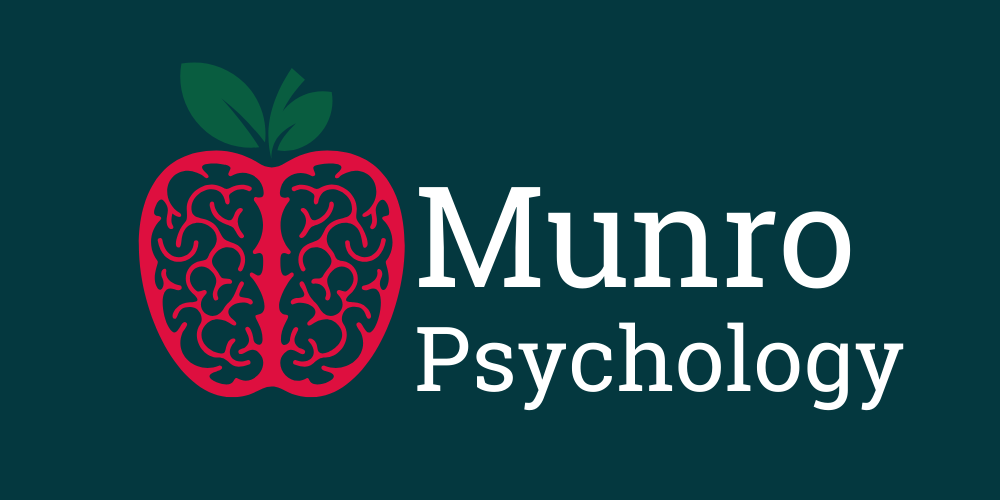Why Have a Cognitive or Learning Assessment as an Adult?
Understanding how your brain works is a powerful tool. Adult cognitive and learning assessments can provide clarity, confidence, and a roadmap for managing challenges and building on your strengths. Whether you're facing specific difficulties or simply curious about how you learn and think, a psychological assessment can help you move forward with insight and purpose.
Reasons Adults Seek Assessment
Understand Your Cognitive Strengths
Gain a clear picture of how your brain processes information, such as memory, attention, reasoning, and language. Understanding your unique cognitive profile can help you play to your strengths, manage your challenges, and thrive in work, study, and daily life.
Return to Study or Upskill at Work
If you're planning to study, change careers, or take on new training, understanding your learning style can set you up for success. You’ll receive tailored recommendations to support your learning, productivity, and wellbeing.
Determine Whether You Have a Learning Difference
Many adults have grown up without a diagnosis and are now recognising signs of dyslexia or other learning needs. An assessment can provide answers, increase self-understanding, and guide strategies to support reading, writing, or learning in new ways.
Investigate Patterns in the Family
If a family member, such as your child, has recently been diagnosed with a learning difference (e.g. dyslexia or ADHD), you might notice familiar patterns in yourself. An assessment can help explore whether similar traits apply to you and how to work with them positively.
Rebuild Confidence After Cognitive Changes
It all begins with an idea. Maybe you want to launch a business. Maybe you want to turn a hobby into something more. Or maybe you have a creative project to share with the world. Whatever it is, the way you tell your story online can make all the difference.
Advocate for Support or Accommodations
A formal assessment can help you advocate for yourself in education or workplace settings, including accessing learning support or reasonable adjustments.

